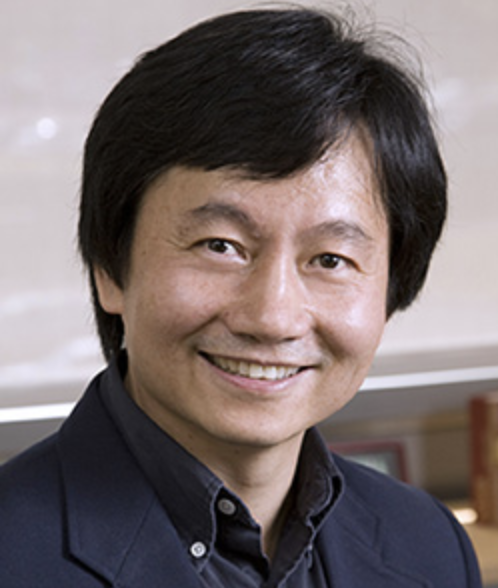Haifan Lin returns from suspension, but faculty questions remain
The professor of cell biology returned to the office on Monday after being barred from contact with colleagues for more than two months.

Yale News
The University has allowed Haifan Lin, a professor of cell biology and director of Yale’s Stem Cell Center, to return to his lab after a months-long suspension. But Lin’s colleagues continue to question the University’s handling of Lin’s case as well as raise the possibility that others have been treated the same way.
Lin quietly returned to his office on Monday for the first time in more than two months. During his suspension, School of Medicine faculty had stepped in to oversee activities for his nine-member research group. One member of his lab had expressed fears about members’ graduation plans without Lin’s guidance and said that the lab’s activities had slowed in Lin’s absence.
But Lin is a researcher well-established in his field. In interviews with the News, five faculty members expressed continued worry that the University had not adequately protected Lin — and that there may be other, younger faculty who have also been suspended with even less support.
“In some ways, I feel relieved, but in some other ways, I still have lingering concerns about the whole process,” professor of pathology Qin Yan said. “This shouldn’t have happened in the first place. The suspension seemed to come from nowhere, with no formal charges and no results.”
University officials have largely kept silent throughout Lin’s suspension. Lin was quietly removed from his lab by University Provost Scott Strobel and School of Medicine Dean Nancy Brown in late January after a 2019 National Institutes of Health inquiry and subsequent investigations by the Justice Department and University officials. The DOJ dropped its investigation six days ago, Lin’s lawyers told the News, but it remains unclear whether Lin has been fully reinstated, or if the University’s internal investigation or the NIH’s inquiry have since closed. The University had previously claimed to have “credible” information about Lin’s reporting of outside funding that necessitated an internal investigation.
University spokesperson Karen Peart confirmed to the News that Lin returned from administrative leave on April 4 and has resumed meeting with students and trainees. She did not directly answer questions about whether the investigations from the NIH or the University itself remain open.
“In the rare situation in which a faculty is placed on administrative leave, the circumstance is specific to the case and it is only done with very careful consideration,” Peart wrote to the News.
Lin and his lawyers could not be reached for comment. Members of Lin’s lab group declined to comment or could not be reached for this article.
Still, faculty remain concerned about the limited information the University has disclosed. Lin’s colleagues first began raising alarms in early March with a letter sent to University officials that expressed support for Lin and demanded more information about his suspension. The letter also alleged that the University had violated due process by suspending Lin without adequate input.
The University’s response letter stated that Lin had been provided with legal counsel and had been placed on leave amid the federal and internal investigations.
Three faculty members, including professor emeritus of cell biology Joel Rosenbaum, questioned whether the University would choose to suspend faculty members under federal scrutiny in order to maintain its funding sources.
Regardless of the reasons behind the suspension, Sterling professor of immunobiology and molecular, cellular and developmental biology Akiko Iwasaki took issue with Yale’s handling of Lin’s case.
“I feel that suspending a Yale faculty member without due process, and without the conclusion of that investigation, seems unfair,” Iwasaki said. “Should any future cases like this arise, we need to know where the University stands in protecting us.”
Several other faculty members noted the possibility of other faculty being similarly suspended by the University, though all declined to speak on any specific cases. These could be junior faculty who may not have received the same level of legal or financial assistance that a high-profile professor like Lin would, two professors added.
But the University’s reluctance to release information about faculty in suspension, Yan said, as well as the high numbers of faculty still working at least part-time from home, would have made it difficult to know exactly how many faculty other than Lin have been suspended. Suspended faculty members themselves would be reluctant to speak out for fear of retaliation, Yan added.
“For transparency, I believe the University has an obligation to disclose how many other Yale faculty members have been investigated like Haifan Lin at the request of federal funding agencies (like NIH, NSF, DoE, etc) and what [their ethnicities are],” professor of molecular, cellular and developmental biology Weimin Zhong wrote to the News. “Among those investigated, how many have lost their federal grants as a result, have been suspended by the university and have decided to leave Yale because they can no longer do research at Yale?”
The Yale School of Medicine was founded in 1810.







